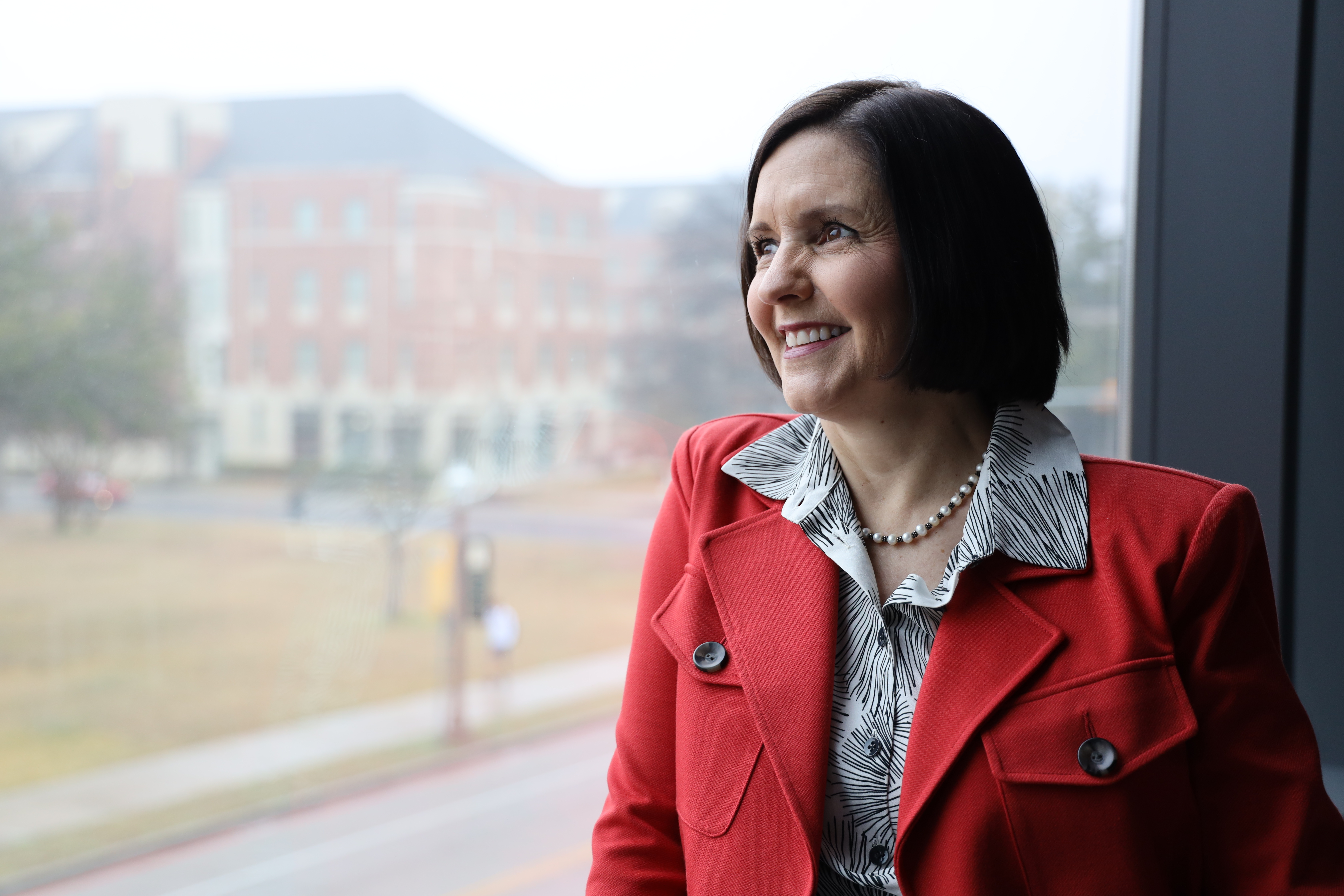Balancing Work and Life

The following story originally appeared in the Spring 2018 edition of Baylor Magazine. Click here for the complete story.
Dawn Carlson, Ph.D., The H.R. Gibson Chair of Management Development in the Hankamer School of Business, helps individuals and organizations manage competing work and life demands. In her time at Baylor, Carlson has published more than 75 studies that further the understanding of how the worlds of family and work intertwine. This scholarship has established Carlson as an authority on dynamics many people balance daily.
Carlson’s research centers around work-family balance. She helps organizations set policies and create cultures that are supportive and family friendly.
“We know that people who are fulfilled personally make better contributions to the organizations,” she says. “Individuals, families and organizations are all quite complex systems requiring me to study them from many different perspectives. My work helps to find the workplace conditions under which humans can flourish.”
Carlson does this by researching the role of healthy conflict resolution, interplays between work enrichment and balance on productivity at work and engagement with family. She notes that while there are times when work and family are in conflict with each other, there are also times when lessons learned from parental and family dynamics make you a better manager or vice versa.
While studying cellphone habits among employees, she found that being tethered to work during family time creates a range of problems. Employees who feel tied to their mobile devices during family time may experience burnout or choose to leave a job more quickly. The behavior often causes relationship tension with their spouse and affects job performance and satisfaction.
Carlson’s research found that the impact of work-related activities during family time creates a resentment in the spouse toward the employee’s job that may be the greatest contributor to an employee’s desire to leave an organization.
“The inability to separate work and family time due to the ubiquitous nature of mobile device use, comes at a cost, not only to you, but to your family and the organization you work for. Learning to set boundaries around work and family domains allows a person to fully engage in each domain,” she says.
MBA students assist with her research, which leads to benefits for the community. Students select a community organization and then determine the company’s applications of its human capital by completing interviews, collecting survey data, and conducting a comparative analysis. The resulting feedback is designed to help the organization develop and employees thrive, assisting all to grow.